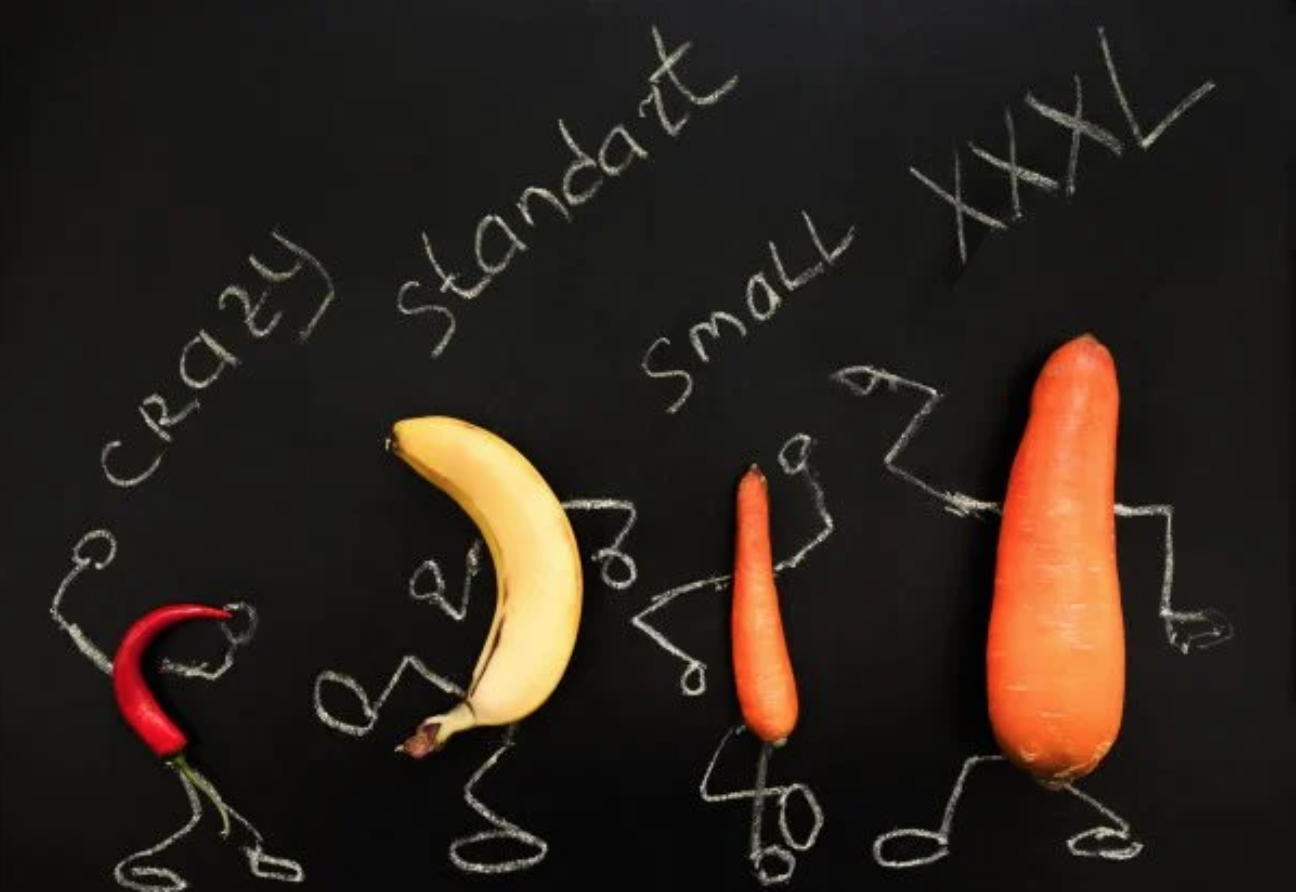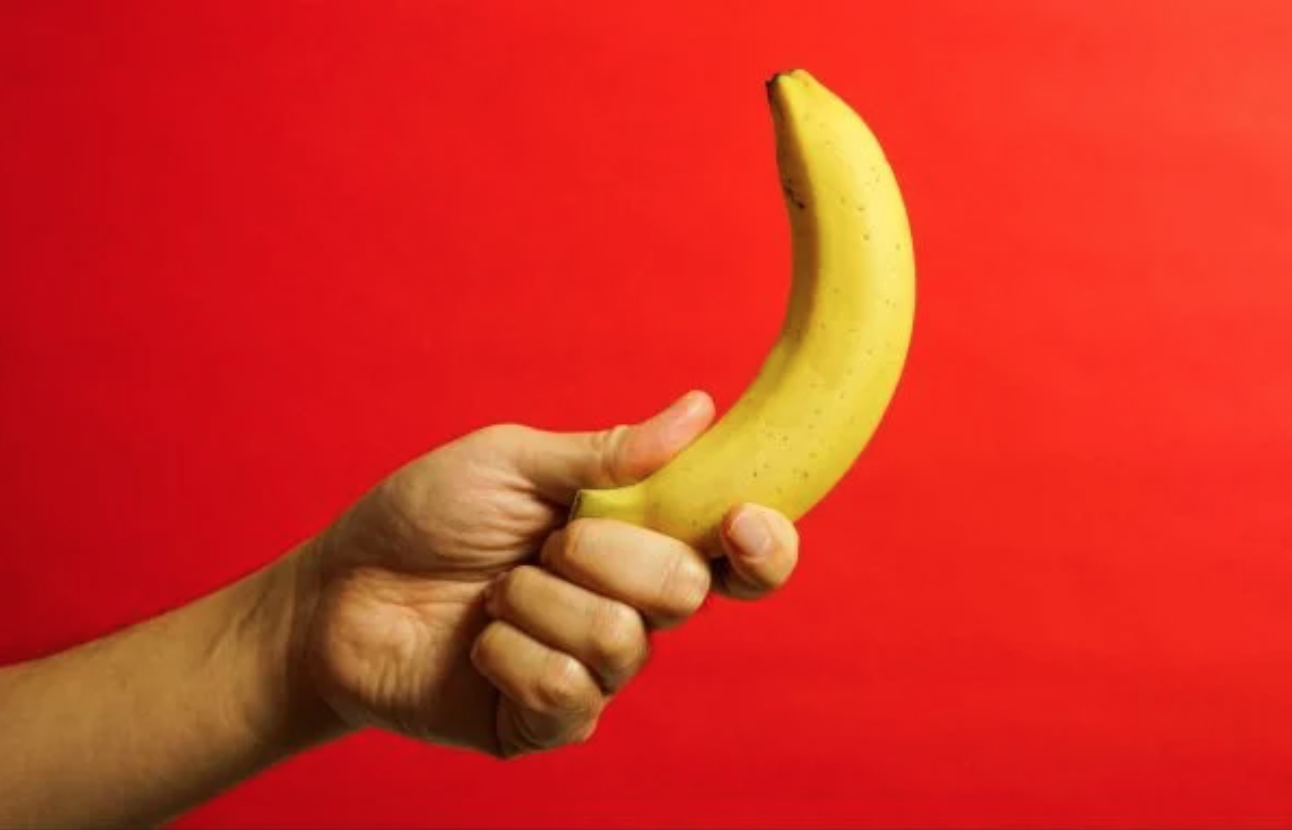We can all generally agree that cocaine has its hiccups. But can we agree on the reason? Some say it leads to addiction, poverty, and eventually rock bottom. Others argue it creates a dung-rich mulch for criminal enterprise to flourish in. We maintain it leads to the unprovoked word vomiting of sad childhood memories in the cramped corners of random bathrooms filled with strangers. But according to environmentalists, the real darkness that taints the snow of the gods is its impact on the environment.
Colombia, home to the world’s largest rainforest national park, is also home to the world’s largest coca fields. Once synonymous with coffee thanks to the character Juan Valdez, Colombia went all-in on illegal stimulants in the ’90s and quickly ballooned its cocaine production from 14 percent of the global supply to 80 percent by the early aughts. In the process, rainforests were chopped down to make space for cocaine fields. (Now sitting at over half a million acres.)
Not only that, the gasoline and chemicals used to transform coca leaves into pure blow result in toxic runoff that seeps into the land and rivers. Turns out snorting a bag of coke and staying up all night to drink way too many beers has a downside. It’s a nasty business, and environmentalists who’ve taken note are paying with their lives to defend the land they love.
Thankfully, Colombia’s top officials have a solution. President Iván Duque wants to keep the party going by investing in cannabis. (High five.) With export restrictions finally easing, legal pot is poised to leapfrog the illegal drug trade by turning Colombia’s perfect grow-climate into an above-board party supply powerhouse. Step aside Juan Valdez, it’s time to let your sister Marijuana have a turn.
Cover Photo: ajr_images (Getty Images)
Weird News 10.31.21
-
Prostitute Evicted For Being Too ‘Loud’ While Working From Home During Pandemic, Won’t You Be Our Neighbor?

More weird news.
Photo: 1001nights (Getty Images)
-
Ideal Penis Shape Revealed by New Study, How Is Yours Rounding Out?

More weird news.
Photo: igor_kell (Getty Images)
-
TV Station Accidentally Airs Porn Clip During Weather Report (Forecast Calls For Hot and Bothered Viewers)

More weird news.
Photo: KREM2
-
Meanwhile in Sperm Banks: Shortage Leads to Great New Purpose For Men Everywhere, Finally a Job That’s Fulfilling

More weird news.
Photo: telnyawka (Getty Images)
-
Shakira Attacked By Wild Boar Couple, Aggressive Hogs Apparently Think Her Hips Do Lie

More weird news.
Photo: Alex Pantling (Getty Images)
-
What’s a ‘Coregasm’ and How Do We Get One?

More weird news.
Photo: Westend 61
-
Hooters Waitresses Upset Over How Revealing New Uniform’s Shorts Are Go Viral For Their Protest, We Didn’t Know They Could Get Any Shorter

More weird news.
Photo: TikTok
-
Peyronie’s Disease Is the Weighty Affliction of Massively Curved Erections, So How Bent Is Too Bent For Your Johnson?

More weird news.
Photo: Kana Design Image (Getty Images)
-
Flight Attendants Publicly Strip Off Uniforms to Protest Layoffs, That’s Why We Always Go Aisle Seat

More weird news.
Photo: YouTube
-
Meanwhile In California: Woman Accused of Starting Fawn Fire Blames It On Drinking Bear Pee, That Doesn’t Help

More weird news.
Photo: Alex Pantling (Getty Images)









